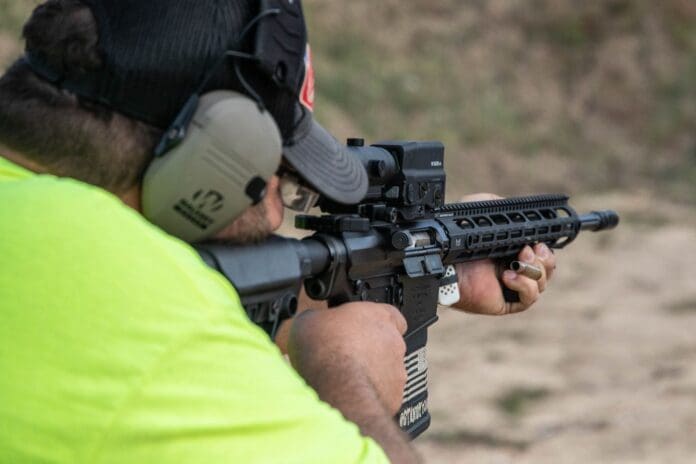
The Second Modification Basis (SAF) has introduced they are going to search Supreme Court docket evaluation in Bianchi v. Wilkinson, SAF’s problem to Maryland’s assault weapons ban, after the Fourth Circuit Court docket of Appeals upheld the regulation.
“At this time’s resolution from the 4th Circuit is unsurprising given their prior resolution in Kolbe,” mentioned SAF Government Director Adam Kraut. “We imagine, very like in Kolbe, the courtroom’s evaluation is flawed and that the challenged regulation is unconstitutional. We shall be submitting a petition for certiorari on the Supreme Court docket, as this case presents a wonderful automobile for the Court docket to settle this debate as soon as and for all.” Within the 65-page opinion, judges for almost all wrote: “The assault weapons at concern fall exterior the ambit of safety supplied by the Second Modification as a result of, in essence, they’re military-style weapons designed for sustained fight operations which might be ill-suited and disproportionate to the necessity for self-defense.” Chief Choose Diaz drafted a concurring opinion, with 5 different judges becoming a member of. Choose Richardson drafted a dissenting opinion, with 4 different judges becoming a member of stating: “The Second Modification will not be a second-class proper topic to the whimsical discretion of federal judges. Its mandate is absolute and, utilized right here, unequivocal…In holding in any other case, the bulk grants states traditionally unprecedented leeway to trammel the constitutional liberties of their residents.” Becoming a member of SAF within the case are the Residents Committee for the Proper to Preserve and Bear Arms, Subject Merchants, LLC., the Firearms Coverage Coalition, and three personal residents, David Snope, Micah Schaefer and Dominic Bianchi, for whom the case is called. “The courtroom relied closely on the excellence between ‘army fashion’ arms and people acceptable for self-defense use,” mentioned SAF founder and Government Vice President Alan M. Gottlieb. “This distinction runs utterly opposite to the mandates of Heller and Bruen, and now units the stage for one more petition for SCOTUS evaluation of the case.”





















